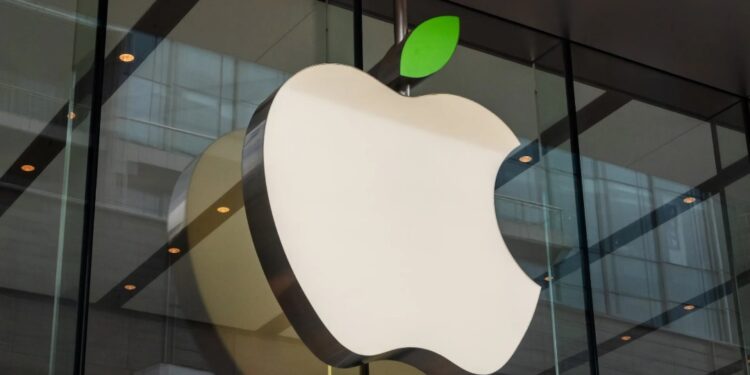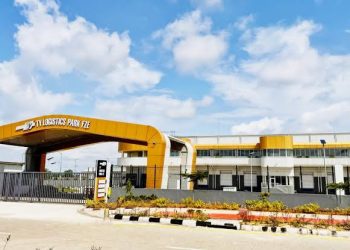The Democratic Republic of Congo (DRC) has initiated legal action against Apple’s European subsidiaries, accusing the tech giant of using “blood minerals” in its supply chain. The complaint, filed in Paris and Brussels, alleges that Apple knowingly sourced illegally mined minerals from conflict zones in eastern DRC and Rwanda, and integrating them into its global supply chains.
Lawyers representing the DRC accuse Apple of war crimes, laundering, forgery, and deception. The lawsuit also claims that Apple’s French and Belgian units engaged in deceptive practices, misleading consumers into believing its supply chains were free of illegal materials.
“Color Apple red, and not green. It is a trillion-dollar company that must be assumed to know the consequences of its actions,” said Robert Amsterdam, a Washington-based lawyer for the DRC. He described the lawsuit as a “first salvo” aimed at holding Apple accountable.
The DRC’s legal team previously reached out to Apple CEO Tim Cook and Apple’s subsidiaries in France in April, seeking clarity about the inclusion of conflict minerals in its supply chain. However, the team says it received no substantive response.
Minerals such as cobalt, coltan, and tungsten—key components in electronic devices—are at the center of the allegations. The lawyers argue that illegal mining and trading of these materials have financed militias, fueled conflict, and led to widespread human rights abuses, including forced child labor and environmental destruction.
“This is a first step towards making one of the biggest players in tech accountable for its policy of endless enrichment at the cost of the most serious crimes staining African supply chains,” said William Bourdon, a Paris-based lawyer for the DRC.
The conflict in eastern DRC has persisted since the 1990s, with armed groups vying for control of the region’s vast mineral resources. Tensions escalated in 2021 following renewed offensives by Rwandan-backed M23 rebels in North Kivu province. Kinshasa accuses Rwanda of supporting the rebels to gain access to resource-rich areas, a claim Rwanda denies.
The lawyers referenced investigations by the United Nations, the US State Department, and NGOs such as Global Witness to highlight the alleged complicity of international supply chains in perpetuating violence in the region.
Apple has denied the allegations, stating last year that it had “no reasonable basis for concluding” its products contain illegally exported minerals from conflict-hit zones.
The lawyers have written to European Commission President Ursula von der Leyen to inform her of the complaints and urge the EU to take a more active role in addressing violence in sub-Saharan Africa’s mineral supply chains.
Brussels-based lawyer Christophe Marchand called the complaints against Apple “a matter of great public interest,” particularly as scrutiny of international supply chains intensifies in Europe.























































